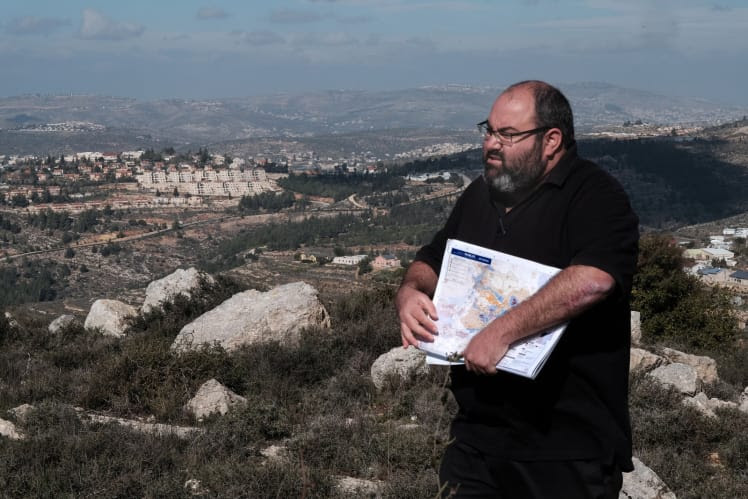As part of our commitment to help to change the conversation about our World, we hereby present the Alternative View to help with providing insights on our World as we support the work of Breaking the Silence as what is turning out to be quite an election season gathers steam in Israel with Former Defense Minister Moshe Yaalon and Former Chief of Staff Benny Ganz join forces:
|
|
|
|
|




No comments:
Post a Comment